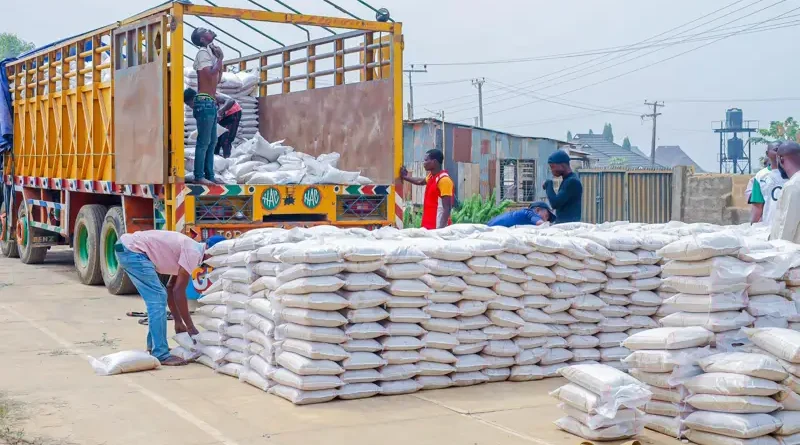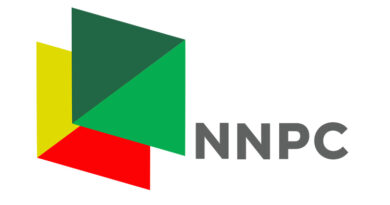Lifting of Tariffs on Rice, Others: ‘Why importers are slow to respond’ two months after
• Stakeholders react to 150 days’ window on importation
Nearly two months ago (July 8), the Tinubu administration decided to lift tariffs on the importation of certain food commodities through land and sea borders.
The implementation is to last 150 days and the aim is to crash high food prices that have made life rough, tough and unbearable for Nigerians since President Bola Tinubu was sworn in on May 29, 2023.
The grains approved by the Federal Government for importation include maize, husked brown rice, wheat and cowpeas.The arrangement is expected to operate under a Recommended Retail Price regime.
The August 1-10, 2024 nationwide protests, tagged ‘EndBadGovernnance’ and carried out under the slogan, ‘We dey hungry’, were majorly triggered by the frustration Nigerians had experienced as a result of crushing food prices.
On the heels of nearly two months of the lifting of tariffs on imported rice, maize, wheat, and cowpea, News HQ spoke to some stakeholders about the impact of the arrangement. They expressed mixed reactions.
There are slight downward changes in prices of affected commodities – AFAN President
The President, All Farmers Association of Nigeria, AFAN, Ibrahim Kabir, said, “There are slight downward changes in prices of the affected commodities, but we can generally refer to the issue as still work in progress because it requires a little more time to manifest.“
I understand this policy to be essentially targeting private sector participation since tariffs and taxes are being lifted because government does not pay taxes or tariffs to itself.
“The companies able to take the opportunity in the window are already processing imports, so it is not lip service at all.
“But addressing sustainable subsidies on inputs, stemming or taming insecurity, more investments in Agriculture to make the Small Scale Producers, SSPs, to scale their productivity will ensure sustainable sufficiency and thereby bring down prices.“
The importation for a given period and define quanta is certainly STOP GAP.
”However, he counseled the Tinubu administration and state governors on food production: “Both the Federal Government of Nigeria and the sub-national leadership should converge in unison to incentivize the farmers to produce optimally in order to attain food security.”
Importers, producers alike slow to respond possibly due to uncertainties in the market – EA Daniels Farms CEOThe Chief Executive Officer, CEO, EA Daniel Farms, Daiel Ijeh, also shared his perspective, suggesting that the prices of the grains have remained stubbornly high two months into the policy implementation as importers and producers alike have been slow to respond possibly due to uncertainties in the market and the temporary nature of the regime.




